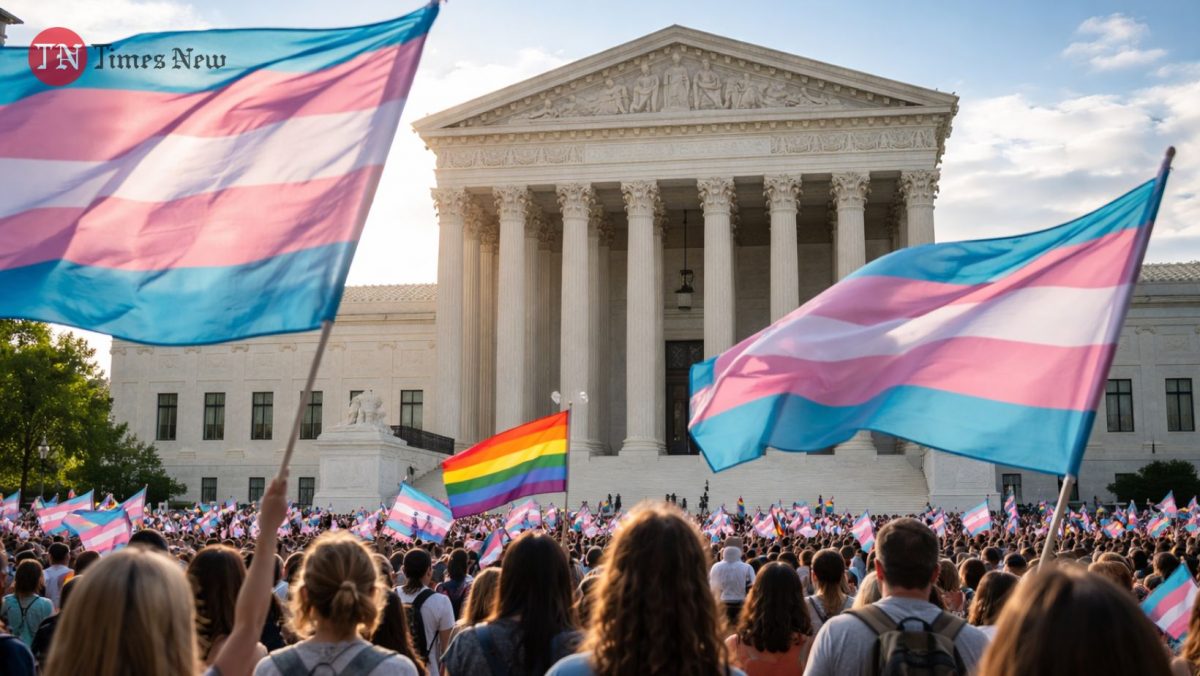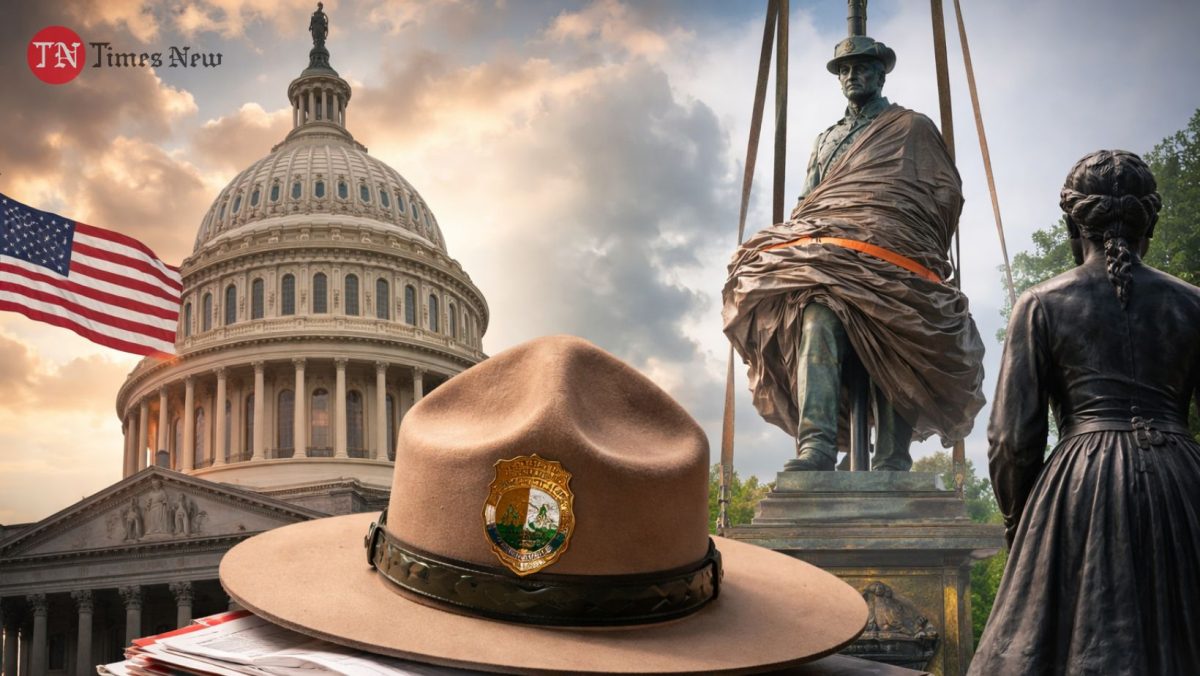
The Arizona Supreme Court has ruled that a 160-year-old law banning nearly all abortions can be enforced, overruling a more permissive 15-week abortion law signed in 2022. The historic statute, originating before Arizona’s statehood, permits abortions only to save the life of the mother, excluding cases of rape or incest. This decision has sparked controversy across the political spectrum, with figures including Arizona Attorney General Kris Mayes and former Republican Governor Doug Ducey criticizing the ruling. Mayes vowed not to prosecute under the “draconian” law, while Ducey expressed disappointment, advocating for policies that reflect the electorate’s will.
Amidst a deeply divided response, both Republican and Democratic leaders have urged for a pragmatic resolution that aligns with Arizonan values. High-profile statements from politicians like Kari Lake and Ruben Gallego highlight the charged atmosphere surrounding abortion rights, underscoring its significance in upcoming electoral battles. Efforts to secure abortion rights within the Arizona constitution are underway, signaling a potential shift in the legislative landscape and echoing national trends toward empowering voters on this contentious issue.
The ruling’s broader implications resonate beyond state boundaries, mirroring a national recalibration of abortion rights post-Roe v. Wade. The decision coincides with similar restrictive measures in states like Florida, marking a pivotal moment in the ongoing debate over reproductive rights. As the Biden administration and political figures across the spectrum mobilize, the issue of abortion remains a central and polarizing factor in American political discourse, underscoring the profound societal and ethical dilemmas it presents.
Pic Courtesy: google/ images are subject to copyright









